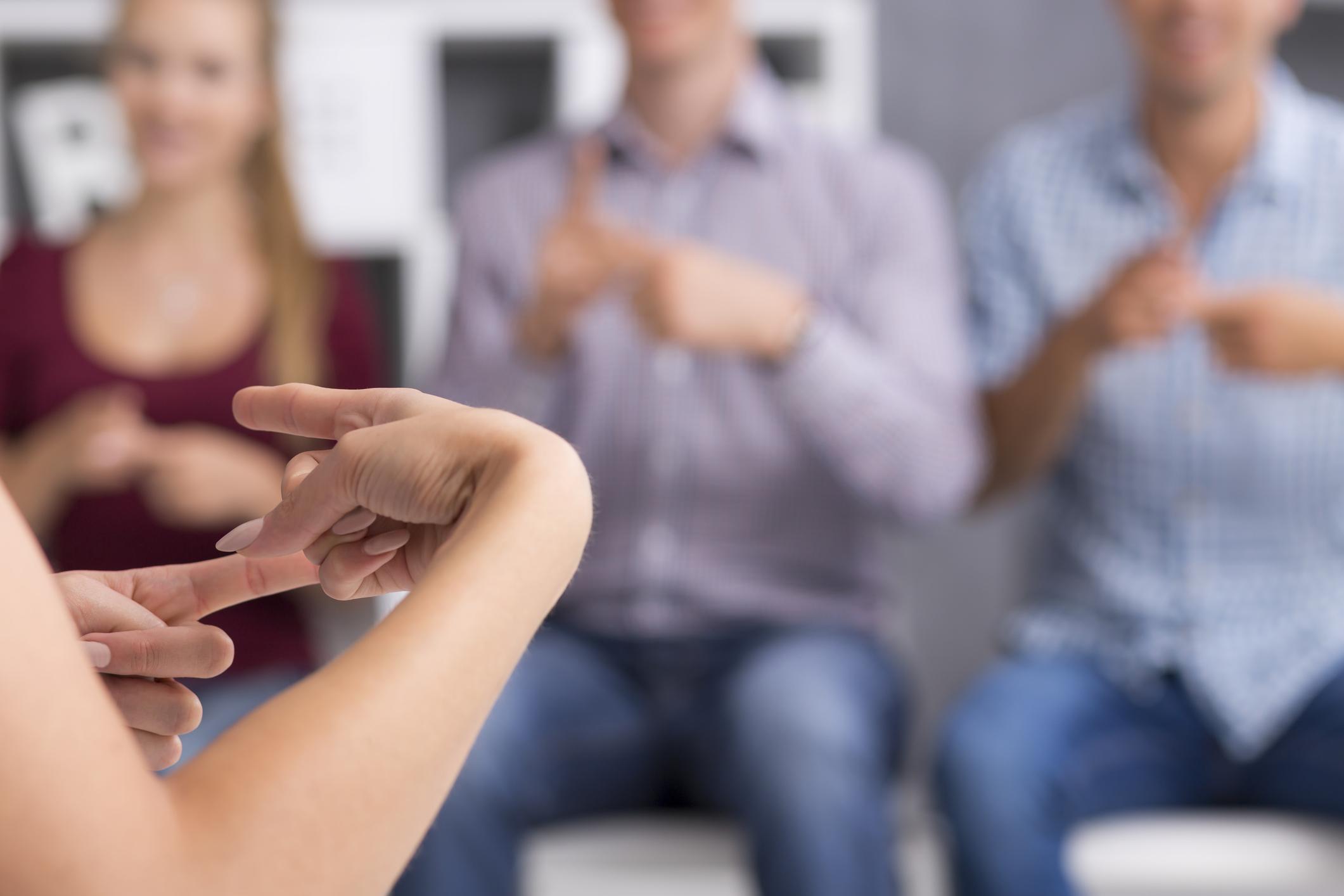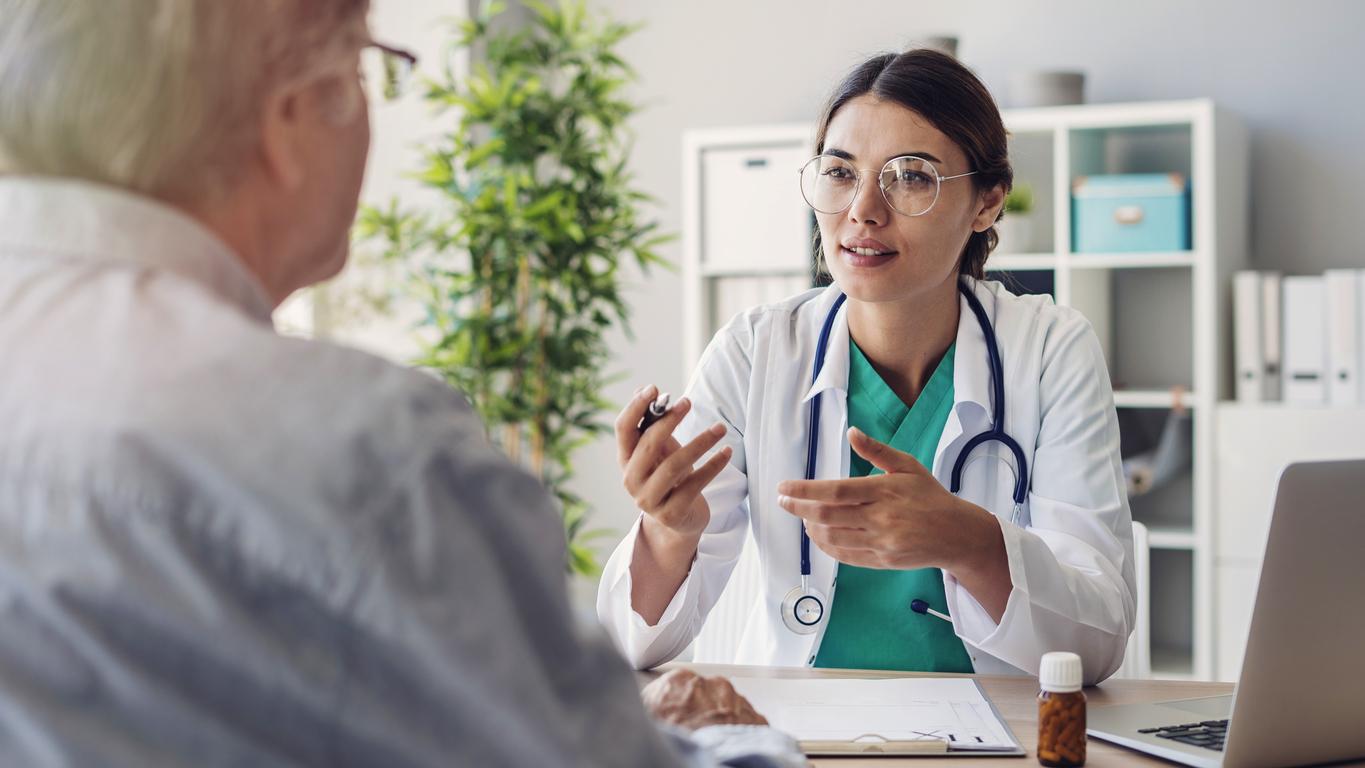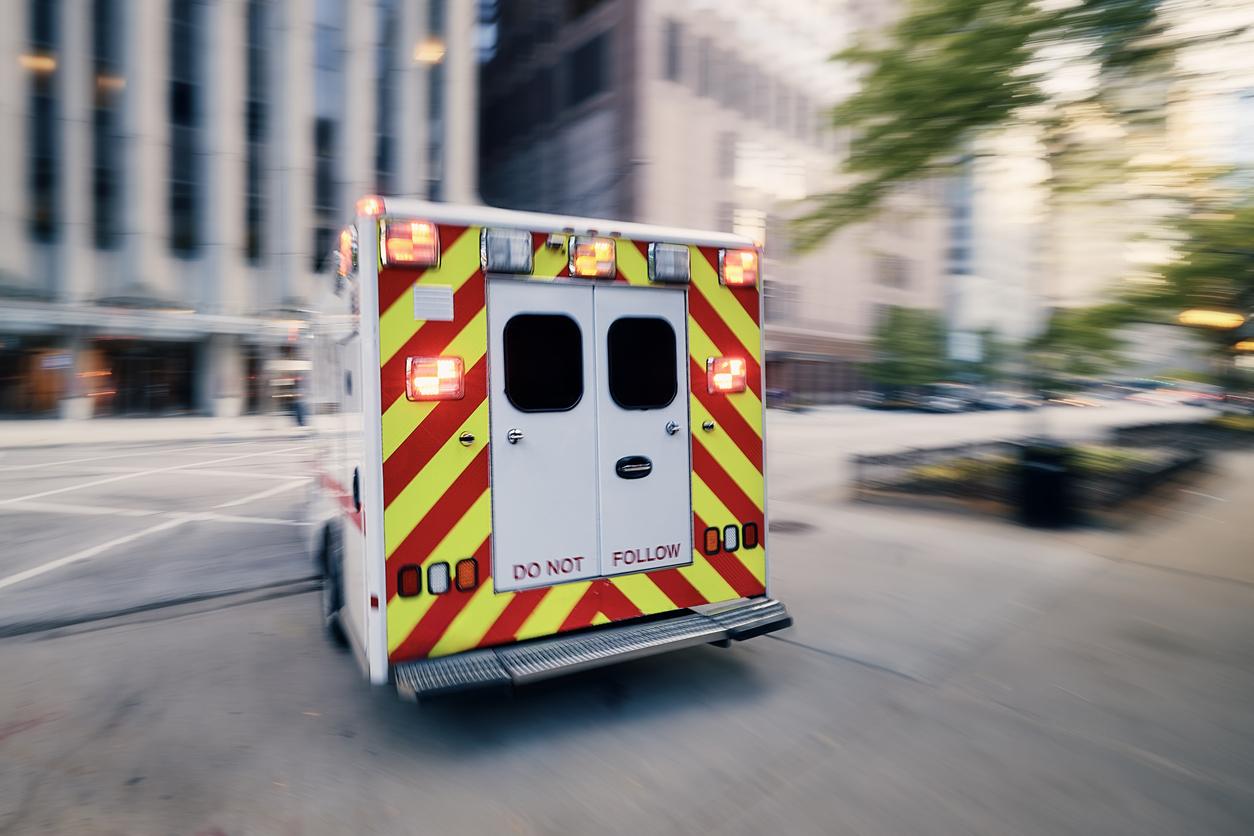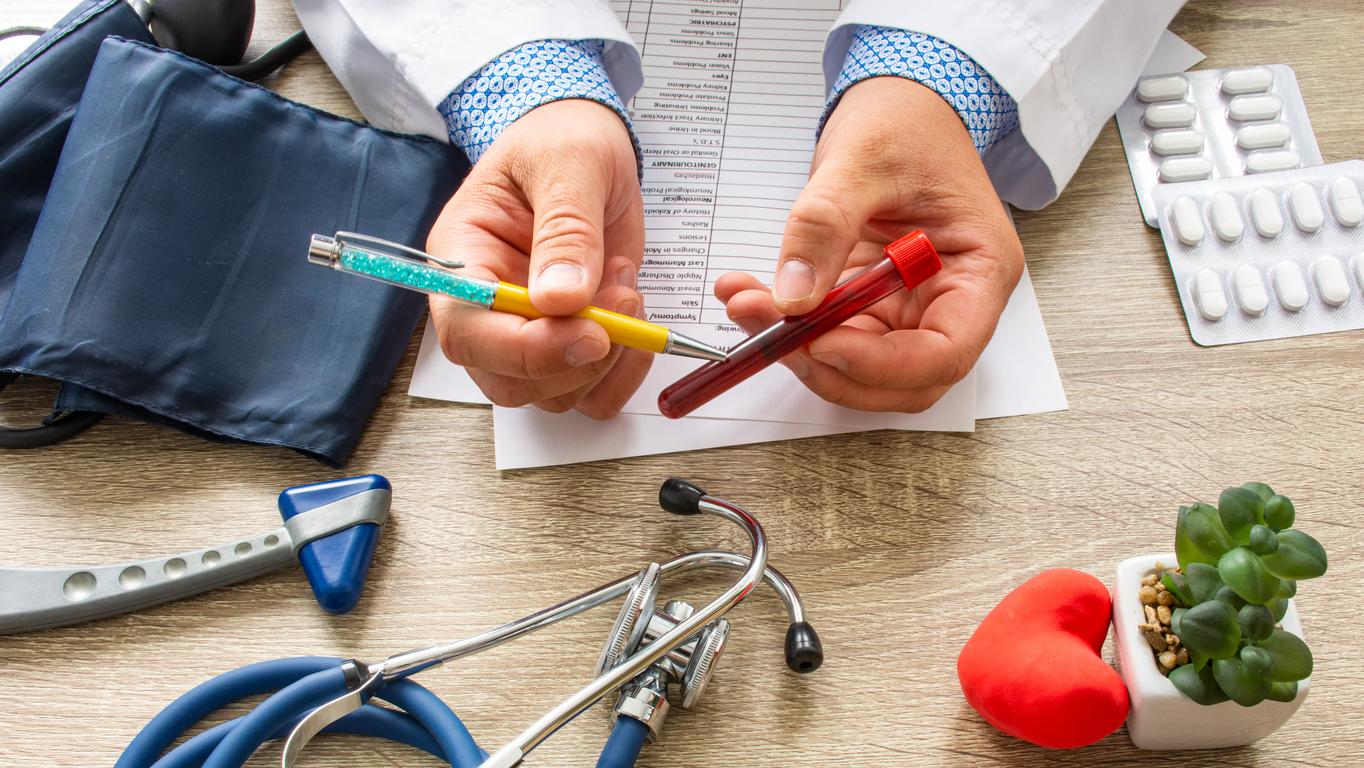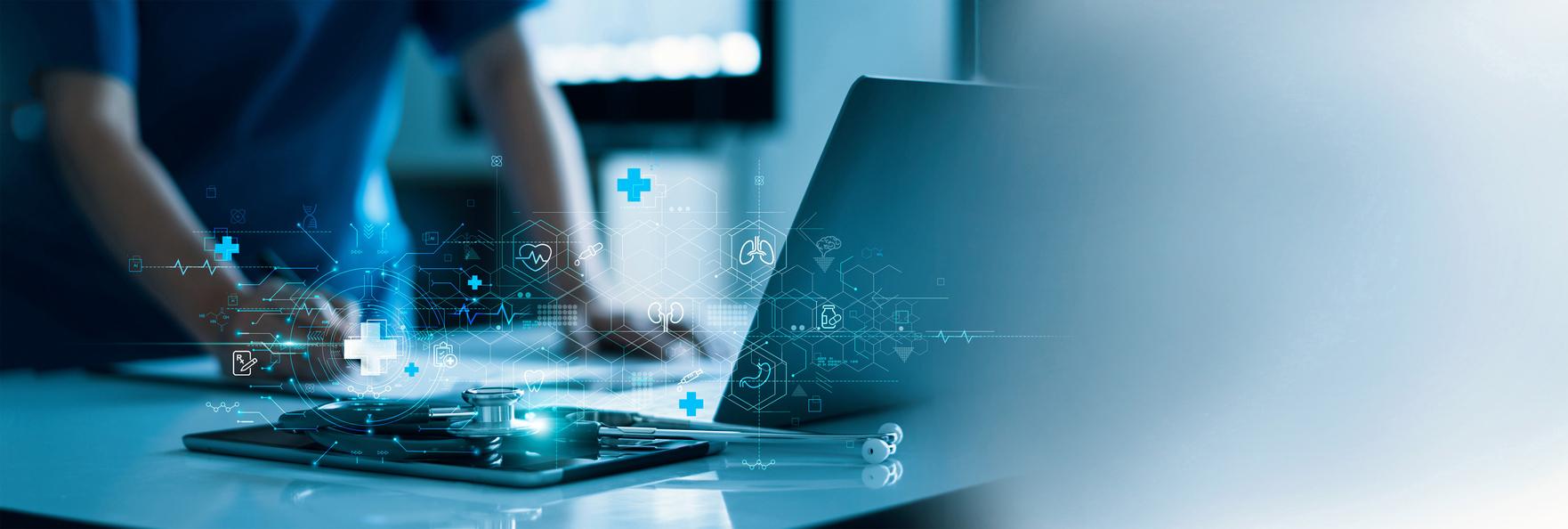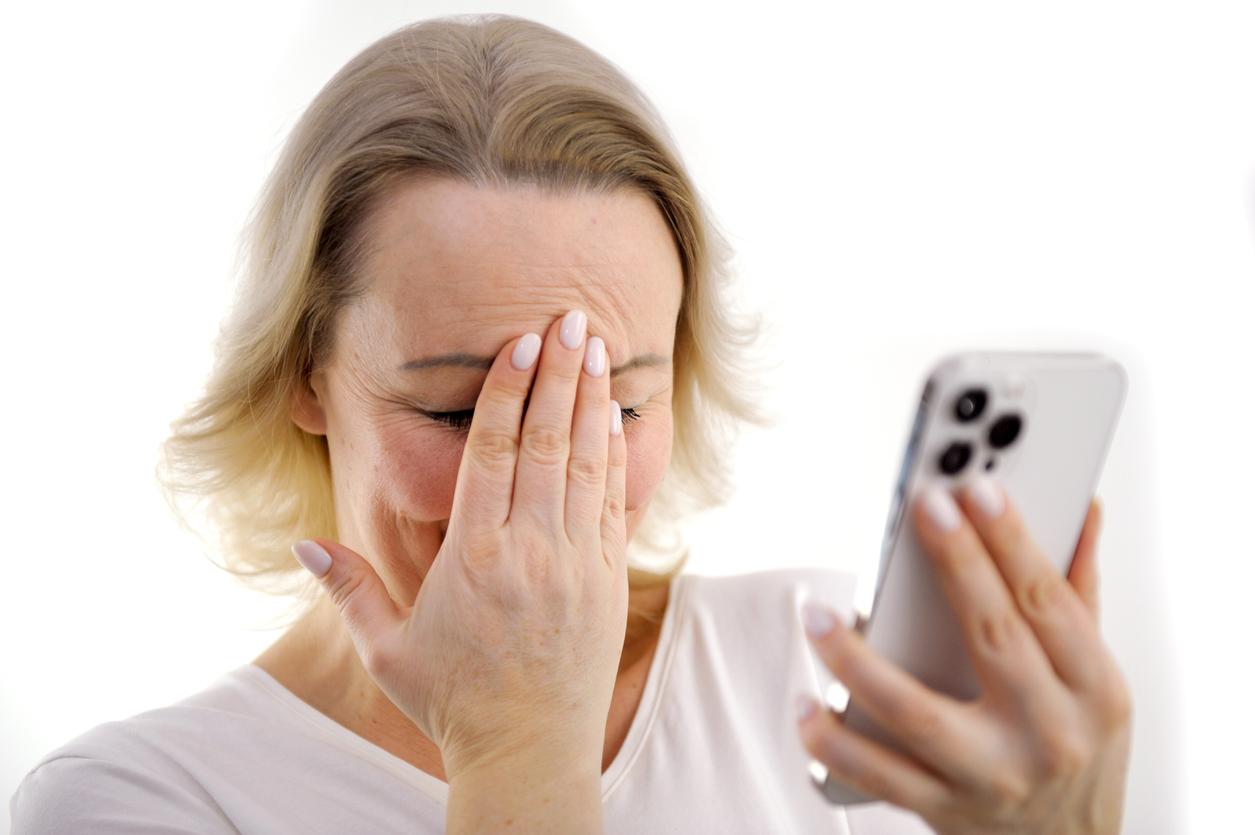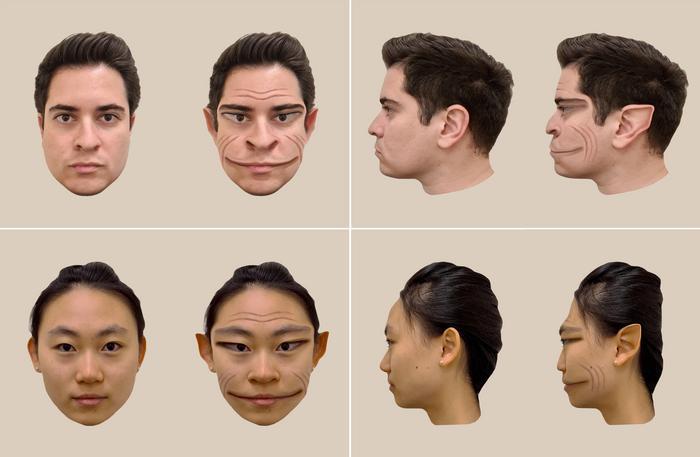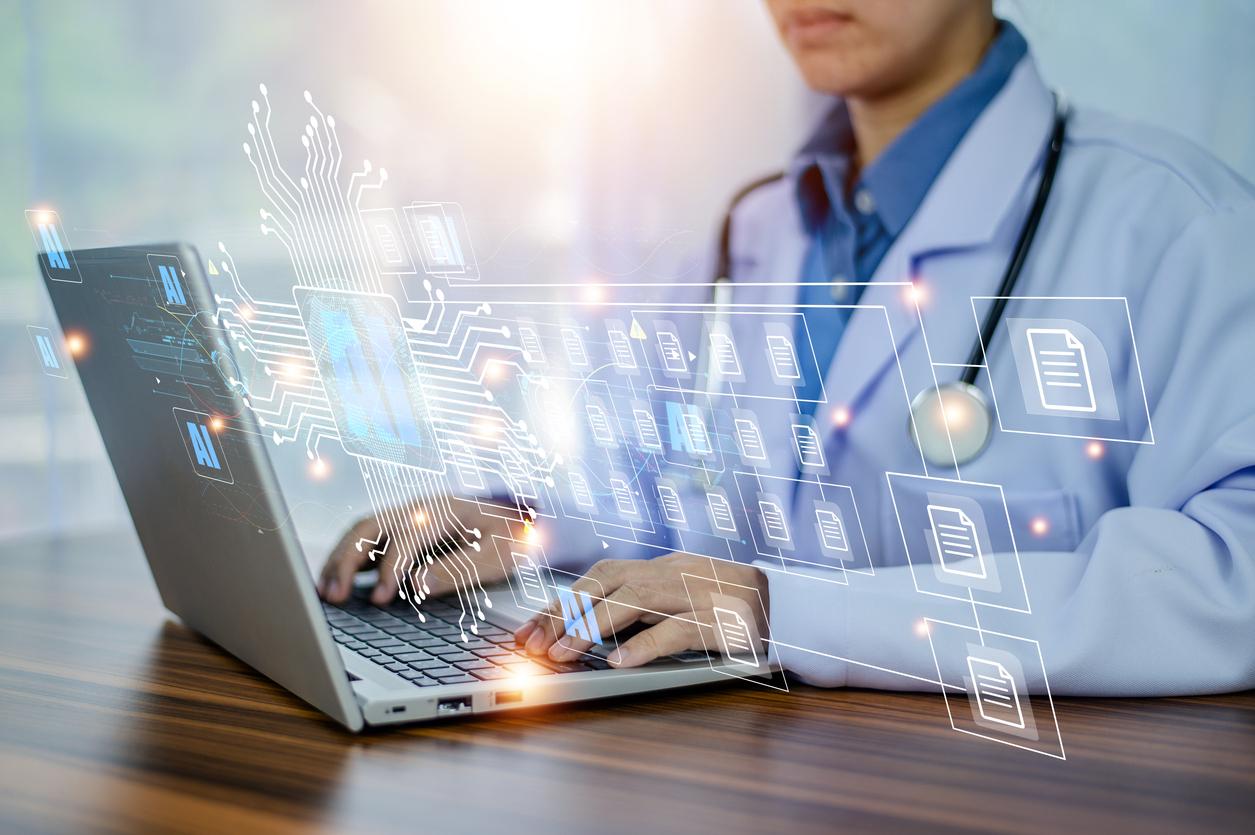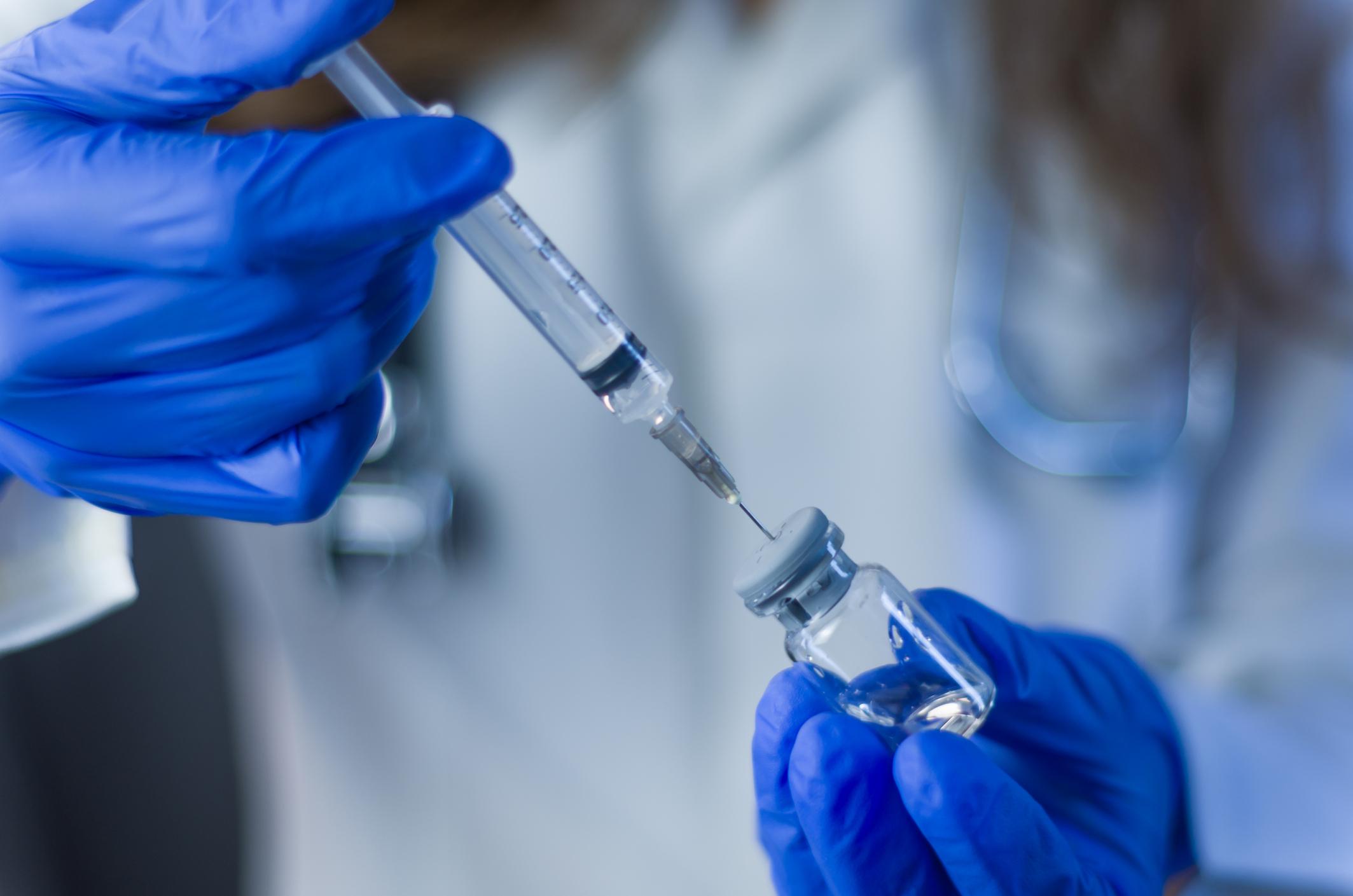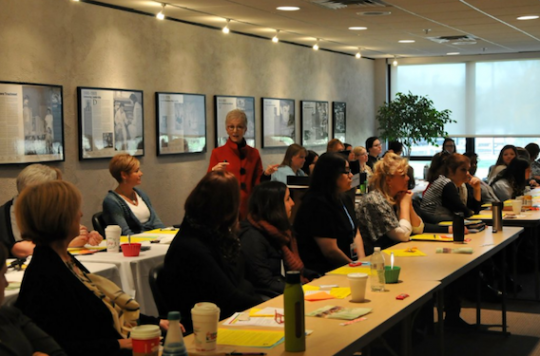
SURVEY – The establishment of the generalized third-party payment in the law is a further step towards health democracy. But on a daily basis, users find it difficult to influence policy decisions. The AFM-Telethon has succeeded in establishing itself by becoming financially independent.
“The associations of retrograde patients, we can’t take it anymore. They want to know everything, to manage everything, it is no longer possible. After all, we are the decision-makers! ”
It is because of these words spoken by health professionals that a debate was ignited a few days ago in Montpellier (Hérault). This meeting, a priori good-natured, had for theme: “The patient actor of the health system? ”
Health democracy, which aims to involve users in the development and implementation of health policy, is it failing? To find out, we need to take a step back.
Until the 1980s and 1990s, the patient was careful not to question medical words. But AIDS has changed the situation. Faced with this devastating epidemic, doctors found themselves helpless. Faced with this massacre and the inaction of the public authorities, the patients created militant associations to make themselves heard. A movement is born.
THE’contaminated blood case, which revealed culpable connivance between the politician and certain doctors, will open the conscience. To avoid confrontation, the Minister of Health at the time, Bernard Kouchner, passed a law on patients’ rights in 2002. Objective, more transparency and better representation of patients in decision-making bodies.
Nearly fifteen later, did this text, which aimed to develop health democracy, move the lines? This is the question posed by our editorial staff in a very specific context, that of the Health Law of Marisol Touraine.
This Tuesday, the National Assembly will vote on the principle of the generalization of generalized third-party payment (planned for 2017) that many practitioners have already decided to boycott. But for patients, this advance fee waiver gives a little more reality to health democracy.
the Interassociative Health Collective (CISS), which brings together 42 associations working in the field of health, even sees it as a solution to the inequalities in access to care still present in France.
And the Collective would like to have more influence on the strategic choices to be made to preserve the French health model. It is on this attempt to take power that Why actor conducted the investigation.
The patient “expert” in the care?
To exist in the face of what they consider to be the domination of doctors, certain representatives of associations aim to create a counter-power. This is the case of Gérard Raymond at the head of the powerful Association Française des Diabétiques (AFD) which has 160,000 active members.
Since 2008, she has already trained nearly 200 expert patients. “We select them. It must be someone who is able to ignore his illness. Our goal is to bring out an elite. Since not all doctors can provide therapeutic education, not everyone can be an expert patient, ”says AFD’s secretary general.
Concretely, these expert patients lead meeting groups between patients and conduct face-to-face meetings in order to facilitate the expression and sharing of experiences for each. Their mission is also to offer quality support.
From there to saying that patients take the place of the doctor, there is a step that Gérard Raymond does not take. “These patients are content to advise other patients”. So no more medical examinations, prescription of drugs, etc. The latter, however, does not hesitate to take up the expression of “counter-power”, vis-à-vis practitioners who are reluctant to listen to their patients.
The obligation to professionalize
The keys to this power, professionalization, tirelessly hammers AFD. It suggests, for example, that its volunteers be paid. “As long as we do not have the recognition of volunteering from the State, we will encounter a lot of difficulties in recruiting competent people. The same goes for training those who wish to get involved in patient associations, ”says Gérard Raymond. In the future, this activist therefore wants a real “legislative status” for these people. “This would allow them to leave the company more easily” during one-off assignments. The idea of copying the system of the healthy volunteer firefighter seems to be gaining ground in this diabetic …
To have its independence, adds, for its part, the AFM-Telethon which understood that money was the sinews of war. The association which leads the fight against genetic diseases has achieved a real coup d’état in research. Faced with the pharmaceutical industry, it now manufactures its own drugs in its laboratories.
Gérard Raymond, AFD General Secretary: ” The idea of the volunteer firefighter is someone who, when the siren sounds, leaves his job. He is paid and the boss receives a defrayal… “
For other patient associations, taking power requires a change in mentalities. The goal is to prevent some doctors from unintentionally hurting their patients with inappropriate words. “Stop eating so much, play sports, you are unconscious of having a child” … These sentences that hurt overweight patients, Anne-Sophie Joly no longer wants to hear them. In 2003, she created the National Collective of Obese Associations (CNAO).
Recently, she has been working with future practitioners to teach them how to choose the words they use when speaking to patients.
At the request of the Dean of Pierre et Marie Curie University (Paris), the experience began this summer with students in 5th and 6th year of medicine. And according to Anne-Sophie Joly the result was “win-win”. She says: “We had 1 hour of lessons planned and finally we did 2-3 hours. The students no longer wanted to leave ”. Result, the experiment will continue.
Anne-Sophie Joly, President of the CNAO: ” The patients were very happy to tell these future doctors: “we need you, be human and not formatted like your elders were.… “
Investing in the field of research
Moreover, during clinical trials which may or may not lead to the marketing of new drugs, the patient would like to be more than a guinea pig. Why not a co-researcher, says Gérard Raymond, who suggests that we ask him more questions about the dosage and use of the products (size of the drugs for example). “Researchers must have a more human side, closer to people, more practical too,” he thinks.
Consultation, hospital, politics… Patients demand more power – Our survey with 66 Million Impatients -…
Posted by Why actor on Saturday 28 November 2015
Finally, the CISS also notes some recent successes. Christian Saout, its deputy general secretary, recalls the victory of patients over the Rapid Diagnostic Orientation Tests (TROD) for HIV. This tool, which gives a result in 30 minutes maximum, allows the person to dispense, in first intention, of the doctor and to carry out himself the test.
“It is an action validated in the associative field which has become a tool of public policy. The risk reduction program (for drug users) in the 2004 public health law is another action created in the associative world and recognized by the public authorities ”, points out Christian Saout.
Christian Saout, Secretary General of the CISS : ” Group actions, open data, etc. There are many markers of health democracy in Marisol Touraine’s health law… “
Taking power in complicated instances
Great actions, then, but in the highest levels, do users have a say? The concepts of ” expert patients Or others would they not be the trees that hide the forest? Anne-Sophie Joly (patient information committee) and Gérard Raymond have certainly obtained seats at the High Authority for Health (HAS), which issues recommendations in terms of medical practice.
But, on a daily basis, does the patient see the fruits of their fight …
In hospitals, for example, are we well represented? “It varies greatly depending on the health establishment”, according to Didier Tabuteau, head of the “Health Chair” at Sciences Po Paris and author of a 300-page bible “Health democracy. The new challenges of health policy “.
He explains that within supervisory boards or user commissions of certain hospitals, “there are very active and listened to patients. In other establishments, they serve more as an argument or an alibi ”.
“Where health democracy lives, they can be taken into account in several cases, ranging from the hospital’s antibiotic resistance plan, to the fight against nosocomial infections, through access to the medical file and the problems in the event of a disease. ‘medical errors,’ says Didier Tabuteau.
As a leading establishment in health democracy, we can cite the Paoli-Calmettes Institute in Marseille. In this Regional Cancer Control Center (CRLCC), patients really have a say in the governance of the establishment.
Avenue Duquesne difficult to penetrate
However, some areas still seem impenetrable to patients, such as a place located on avenue Duquesne in Paris (7th district). The Ministry of Health, Gérard Raymond, one of the spokespersons for the 4 million diabetics, has never been received there.
Ditto for Anne Sophie Joly whom Marisol Touraine, Minister of Health, did not wish to consult during the development of her health bill. A strange vision of health democracy when we know that around one in 8 people is obese in France, and that 40% of the population is overweight (Source OECD).
Experts’ proposals
This is undoubtedly proof that patients will still have great battles to wage to build the site of health democracy. For Didier Tabuteau, “patients who are better trained and informed by associations will be better taken care of. In the long term, we can hope for less crowded medical practices and lower costs for the health system ”. For him, patients should also have a say in all medical rates. “From the price of drugs to that of the medical consultation which must be discussed in full transparency.”
According to the expert, “in France, we are still at the beginning of health democracy”. “Most of the way remains to be done. We just laid the groundwork with the Kouchner law of 2002, ”he says. It thus proposes that in the future, the State co-pilot health insurance with patient associations and health professionals. “Everyone would be a winner,” he concludes.
Read the rest of our survey:
Health democracy: the AFM-Telethon coup
Health: the patient culture of the Paoli-Calmettes Institute
.









